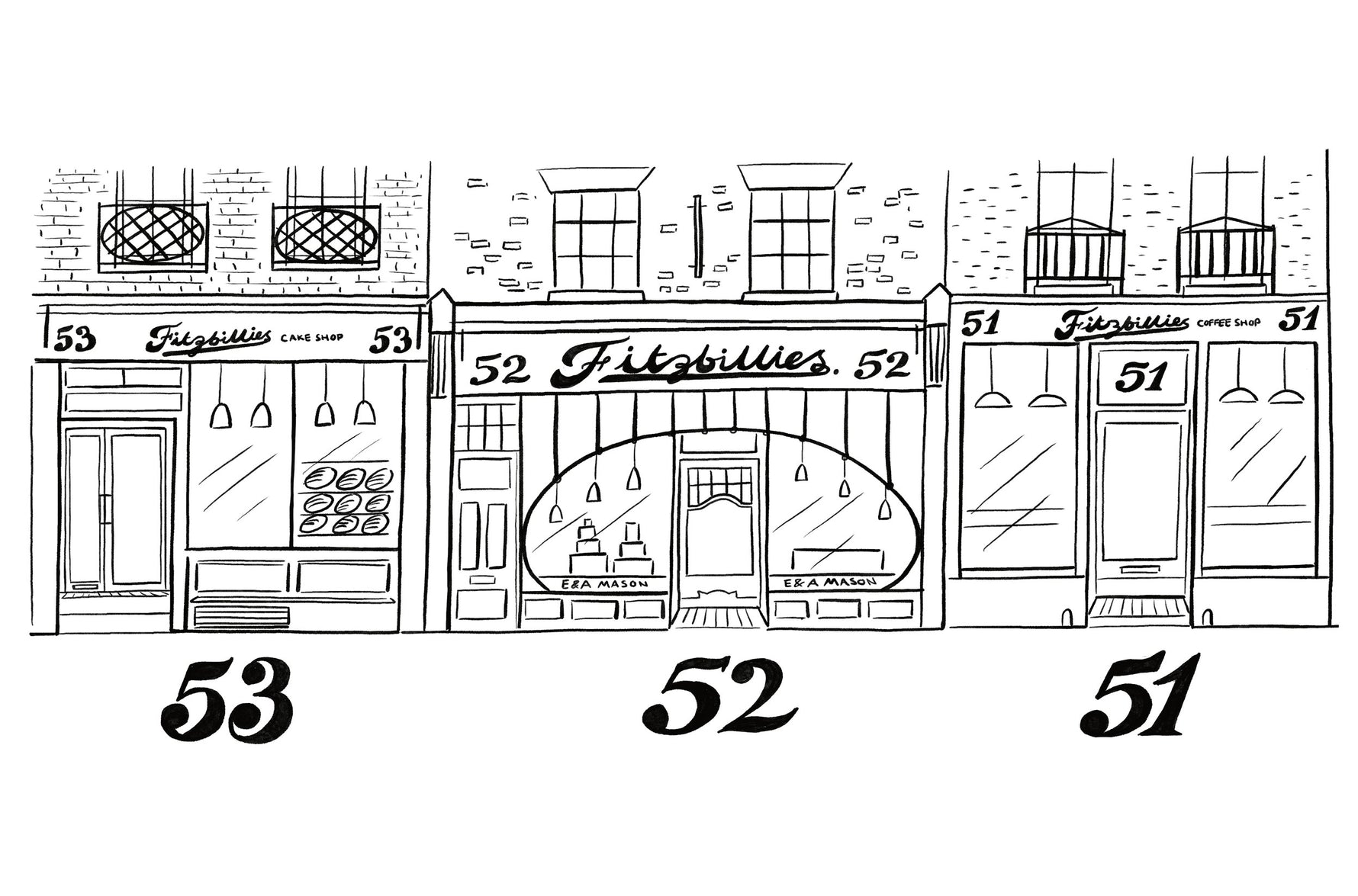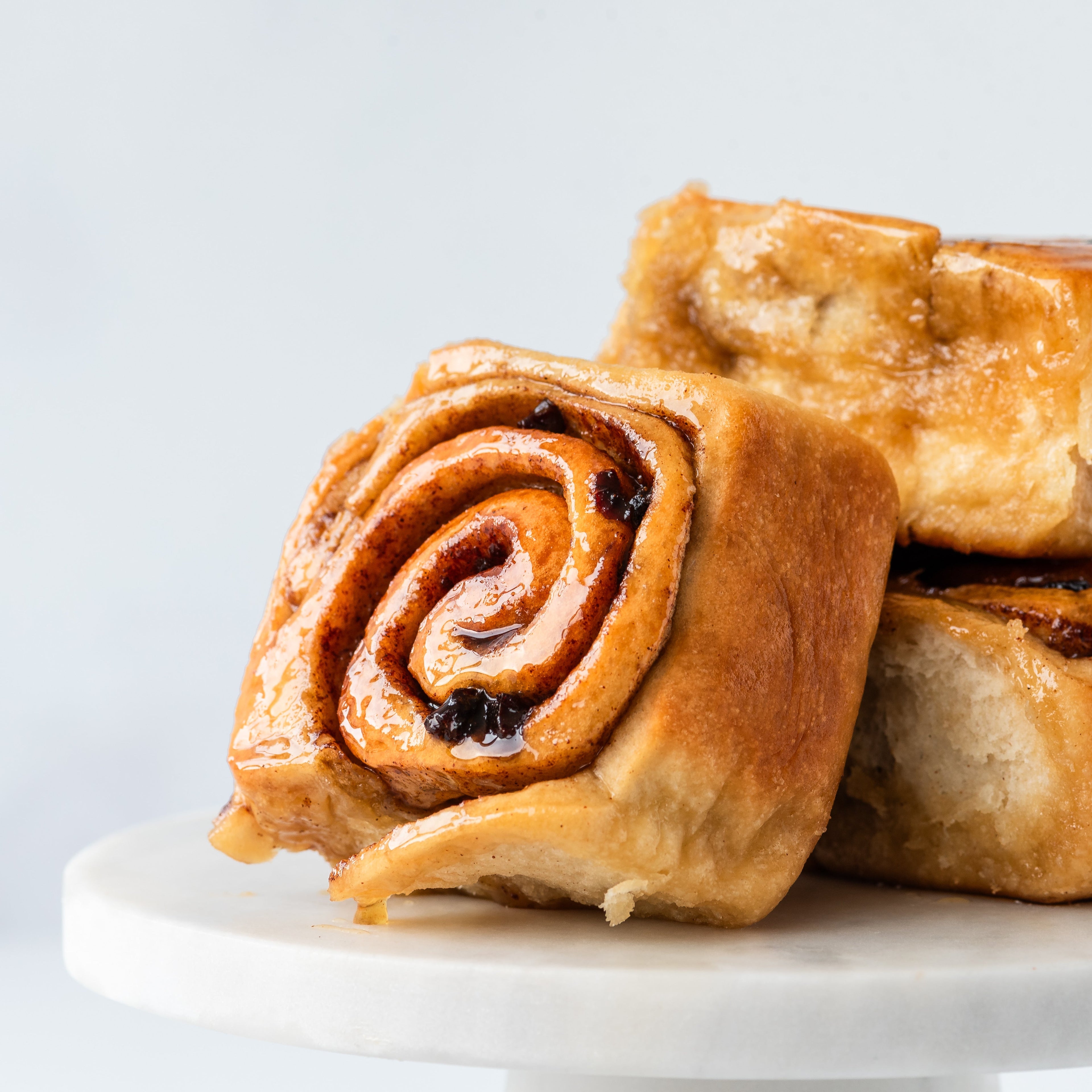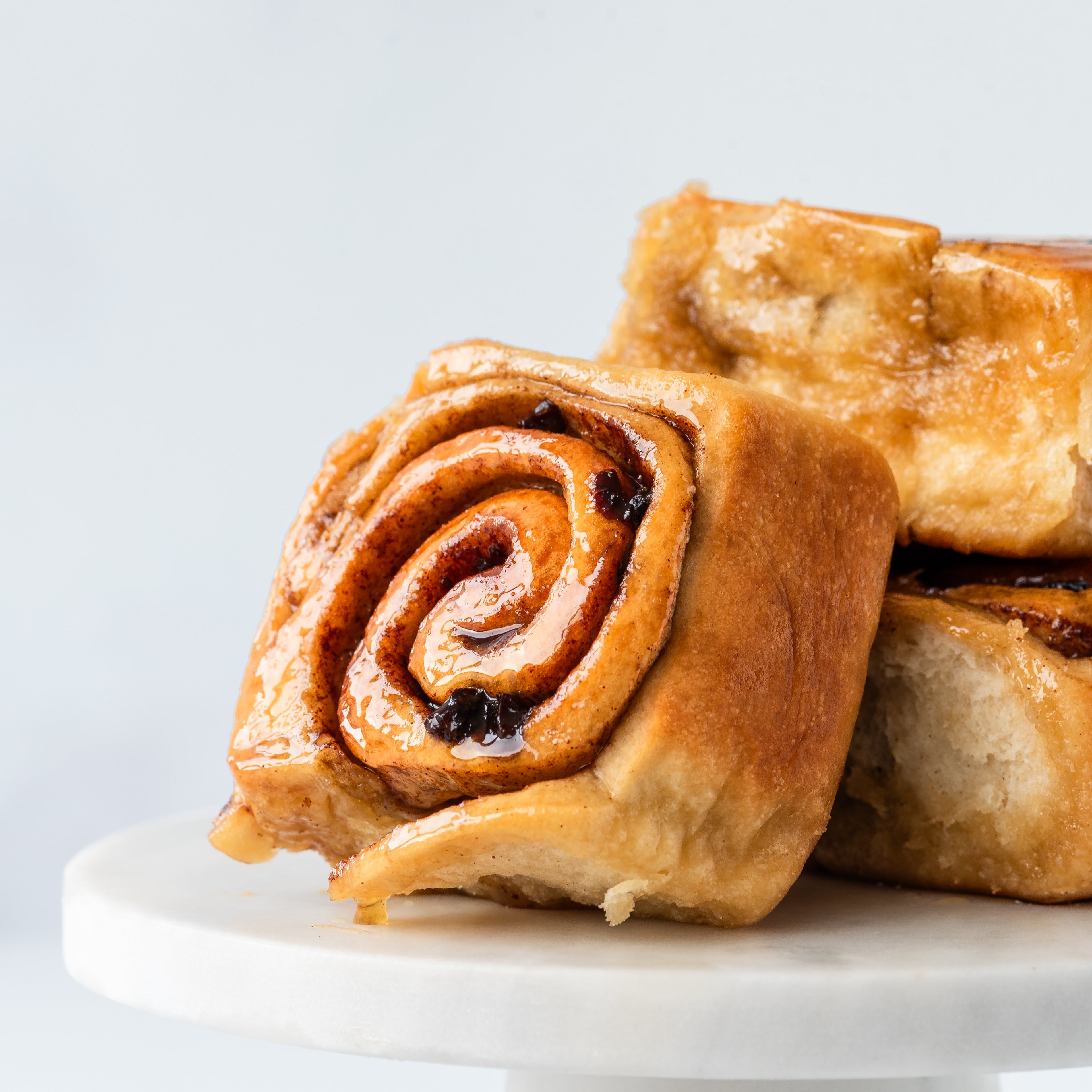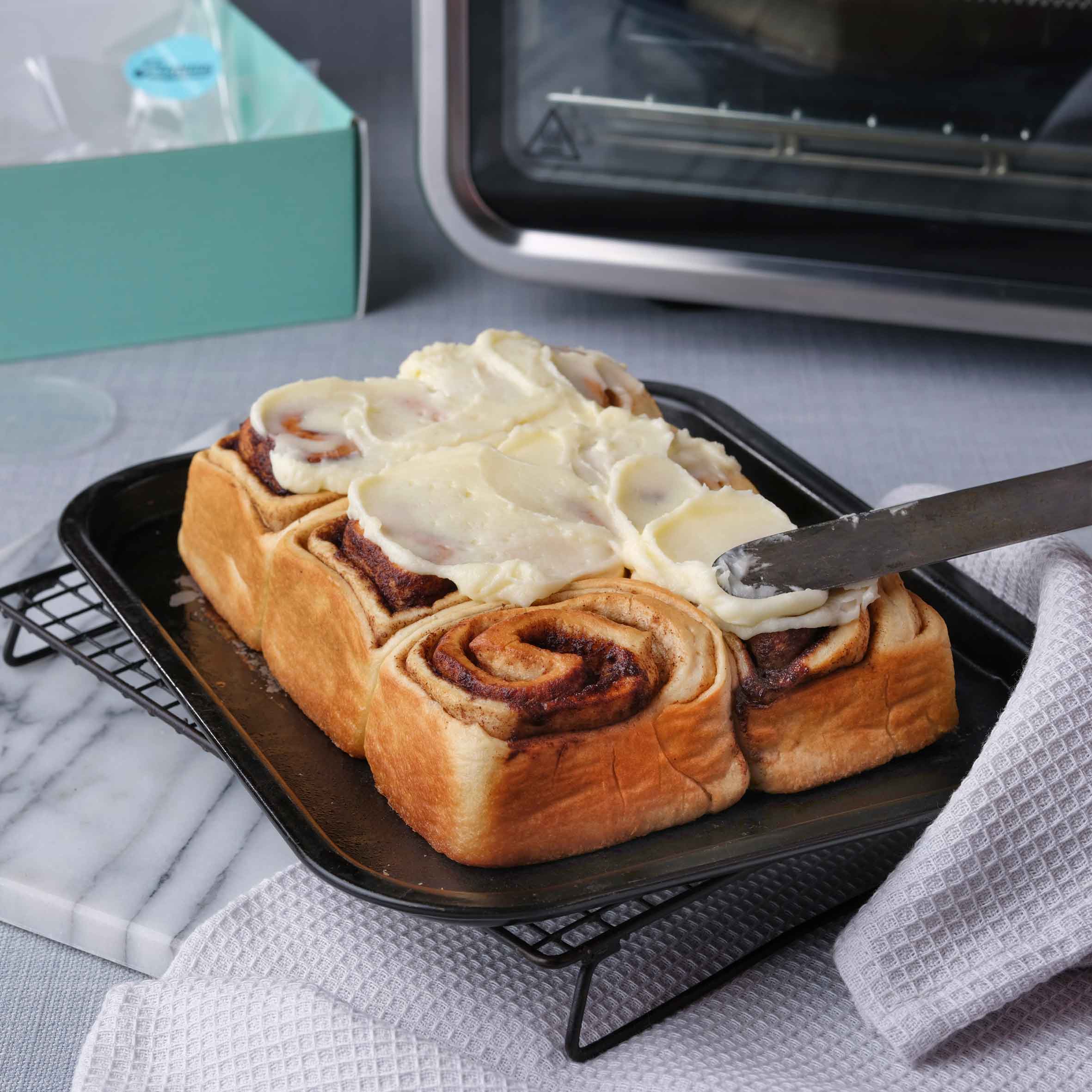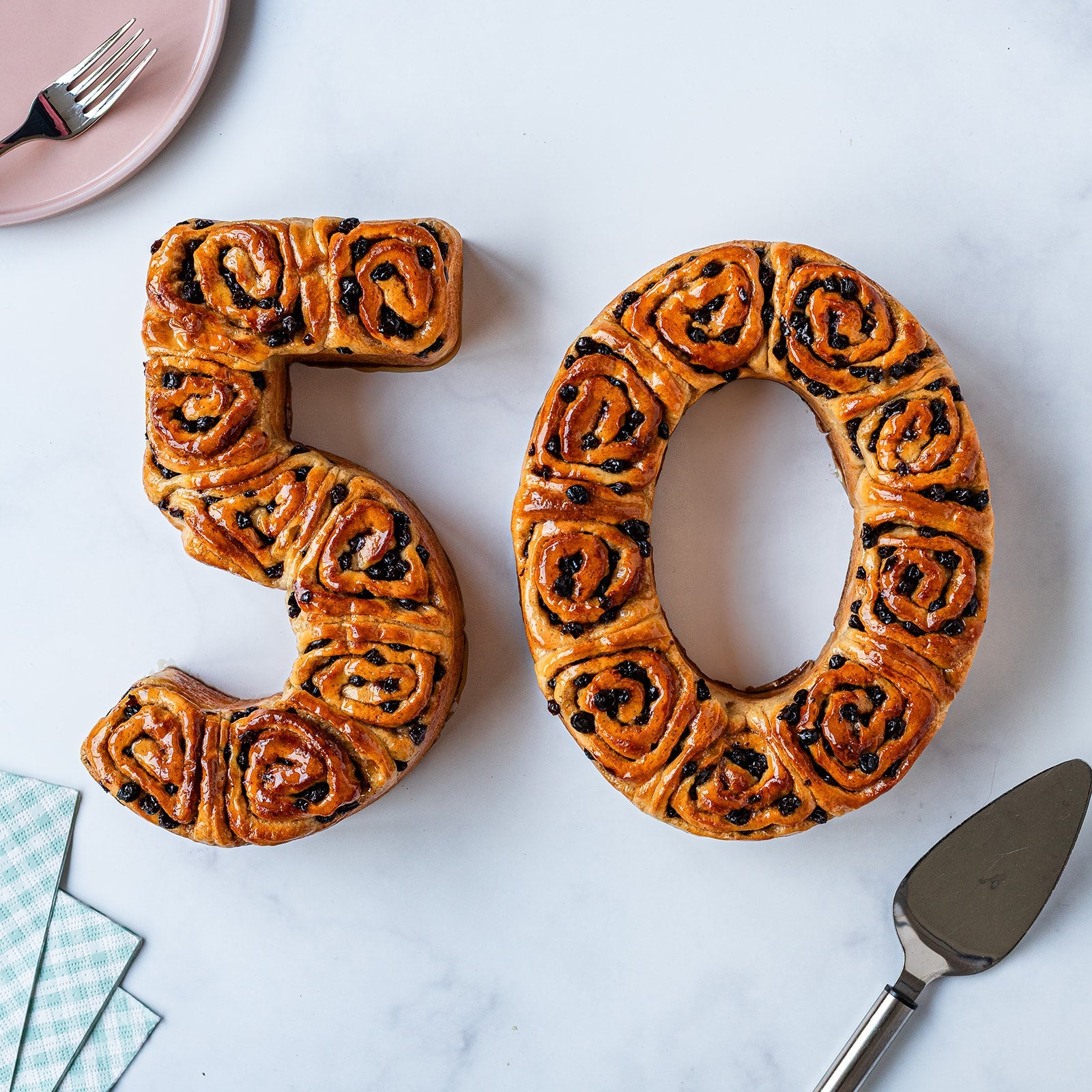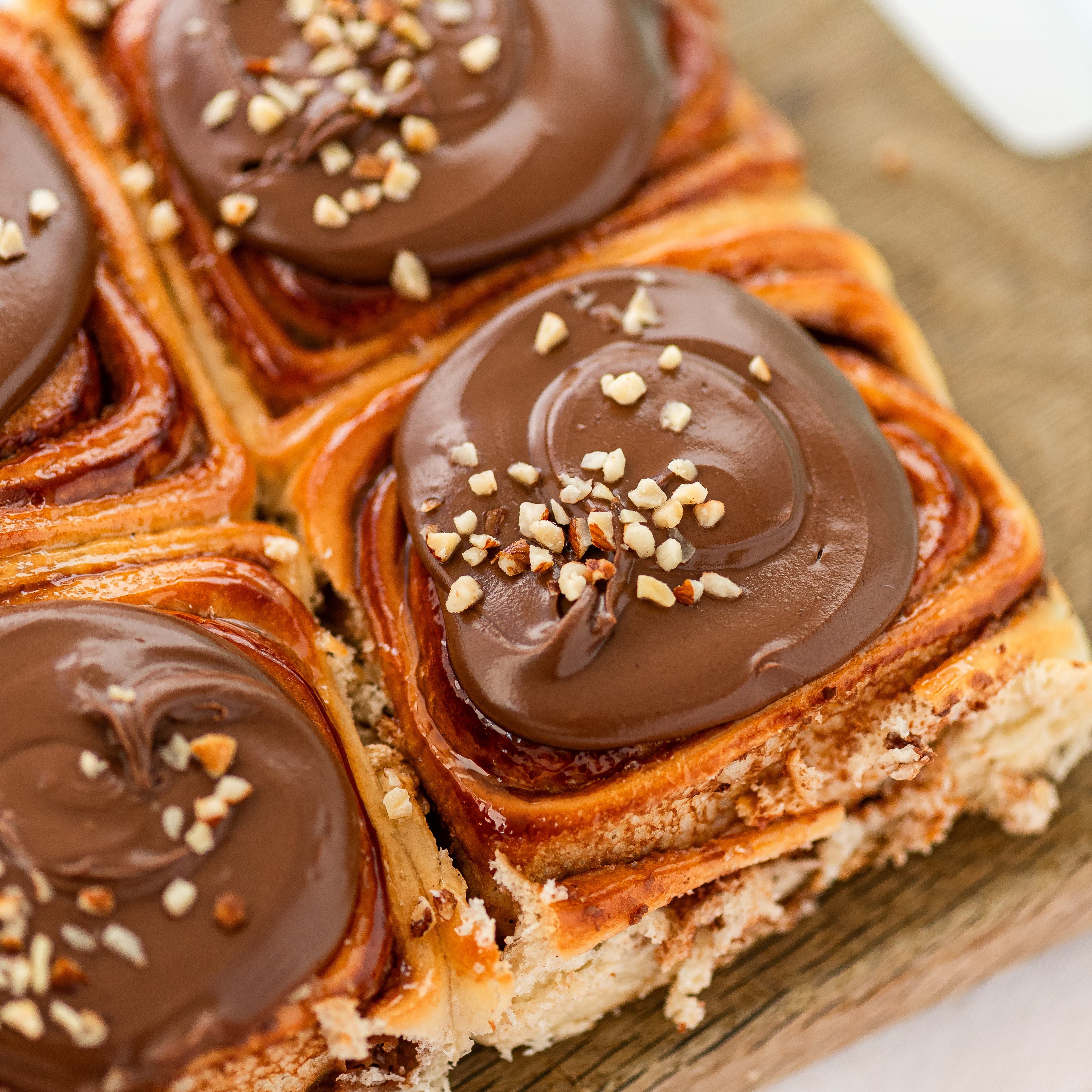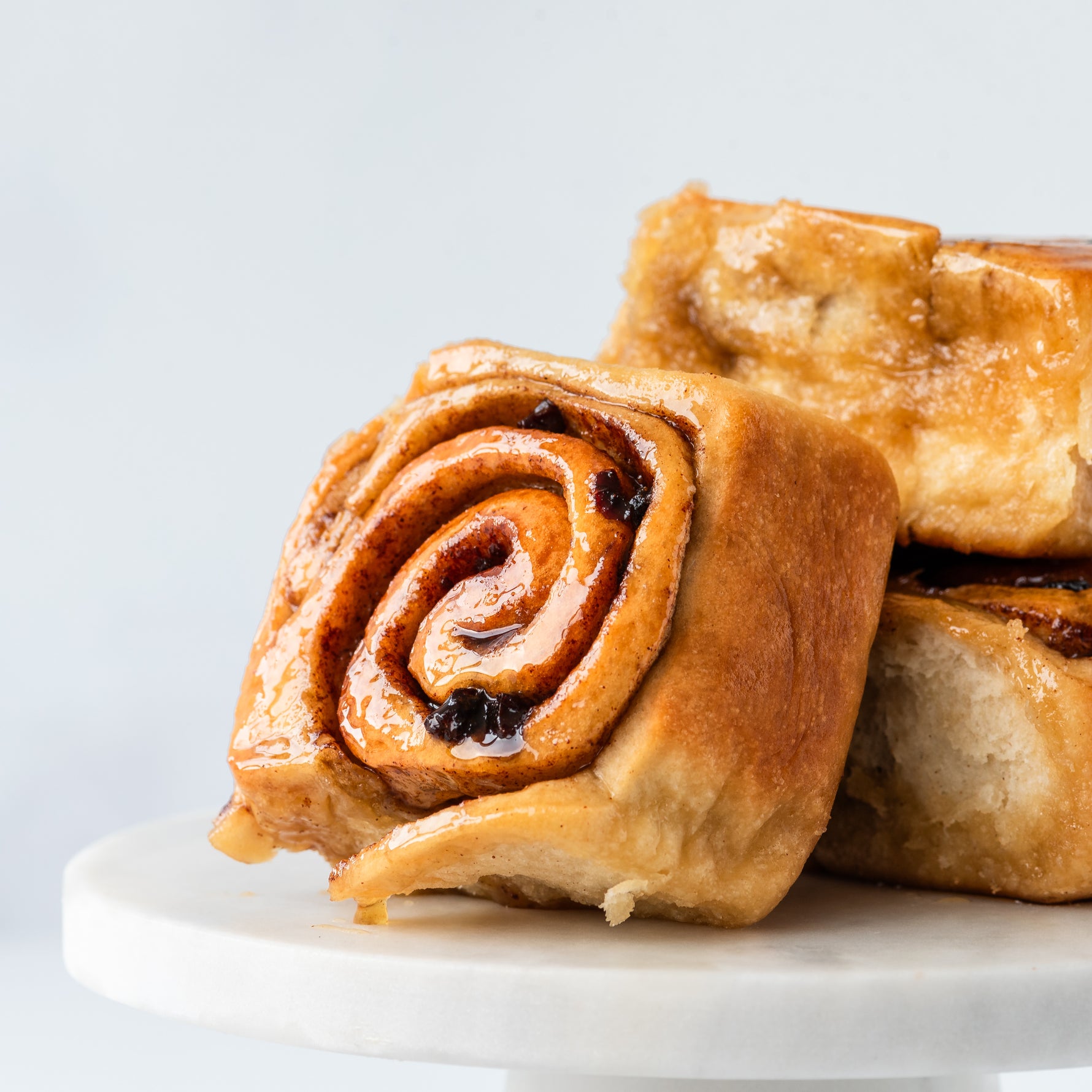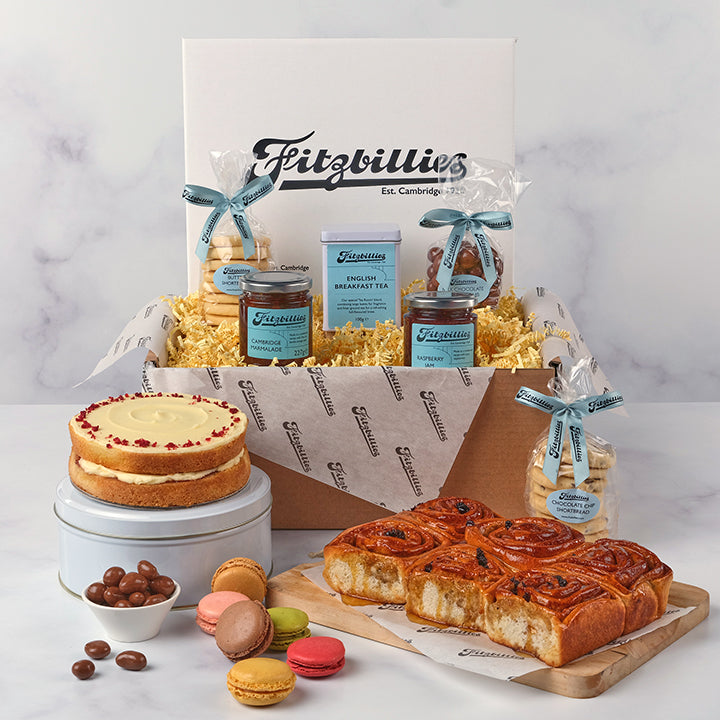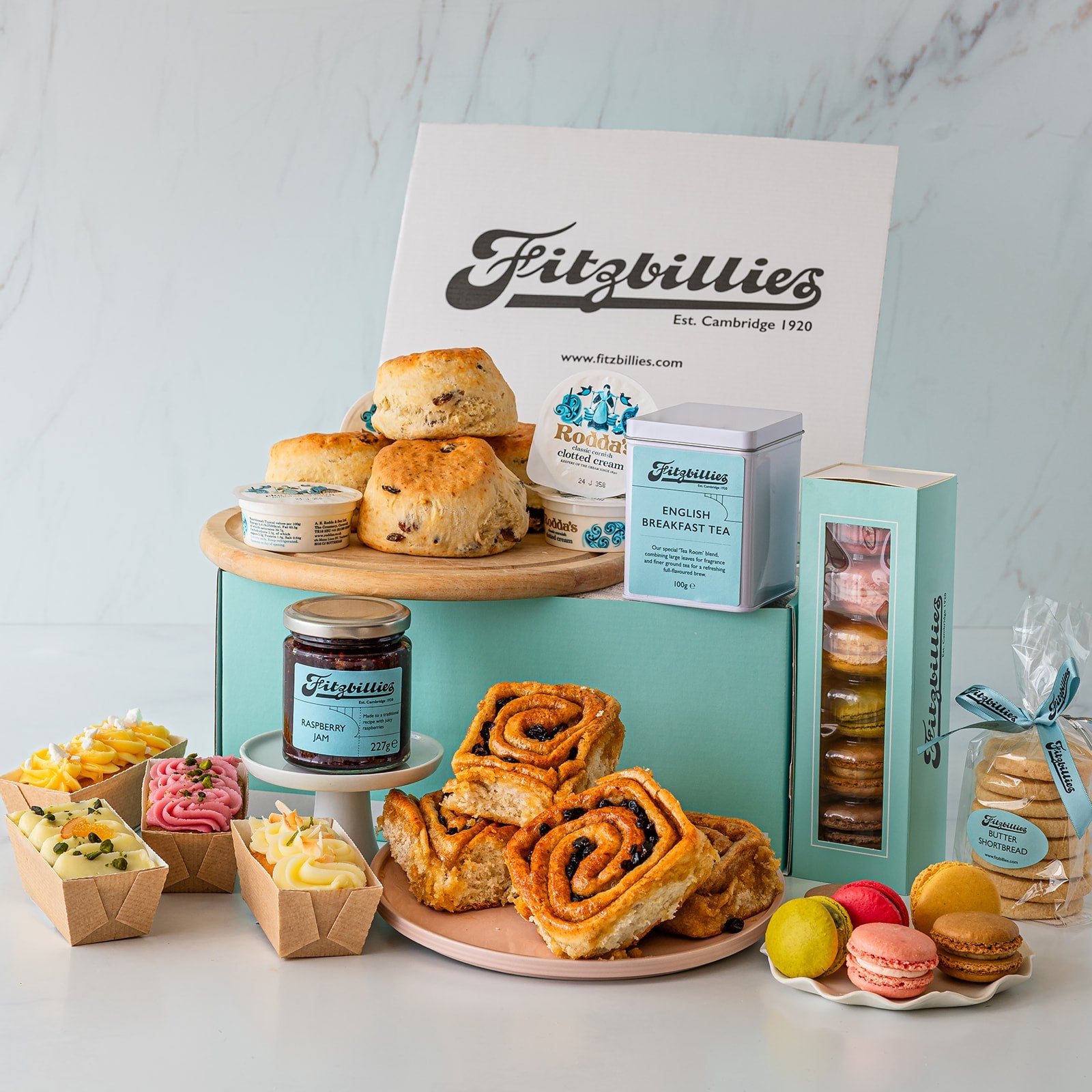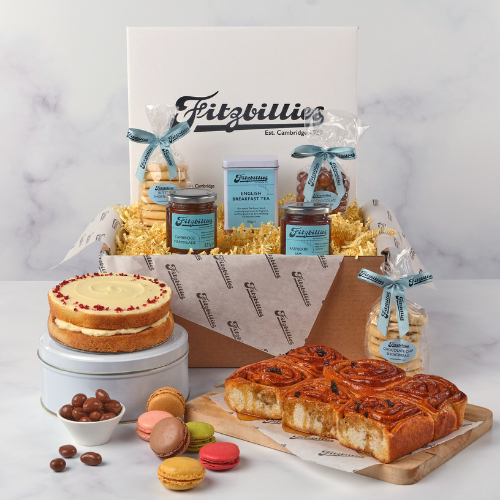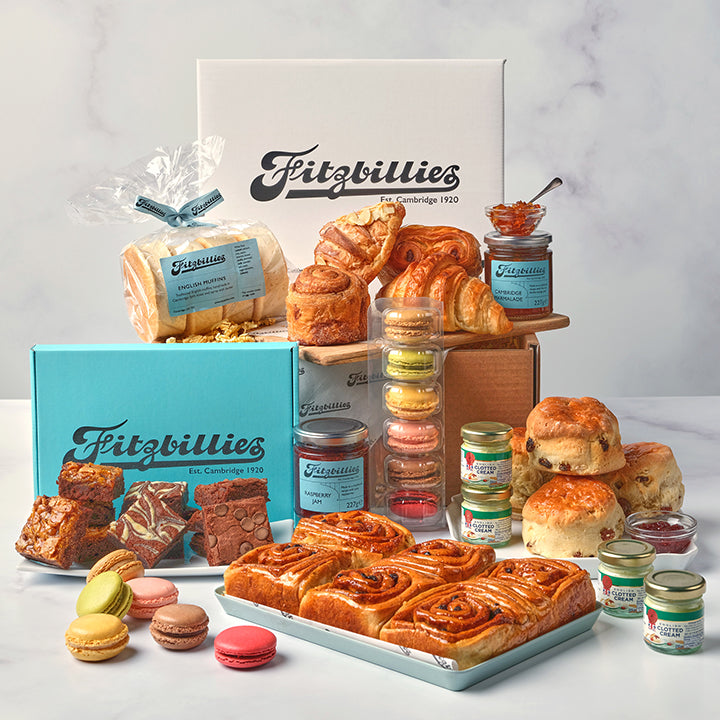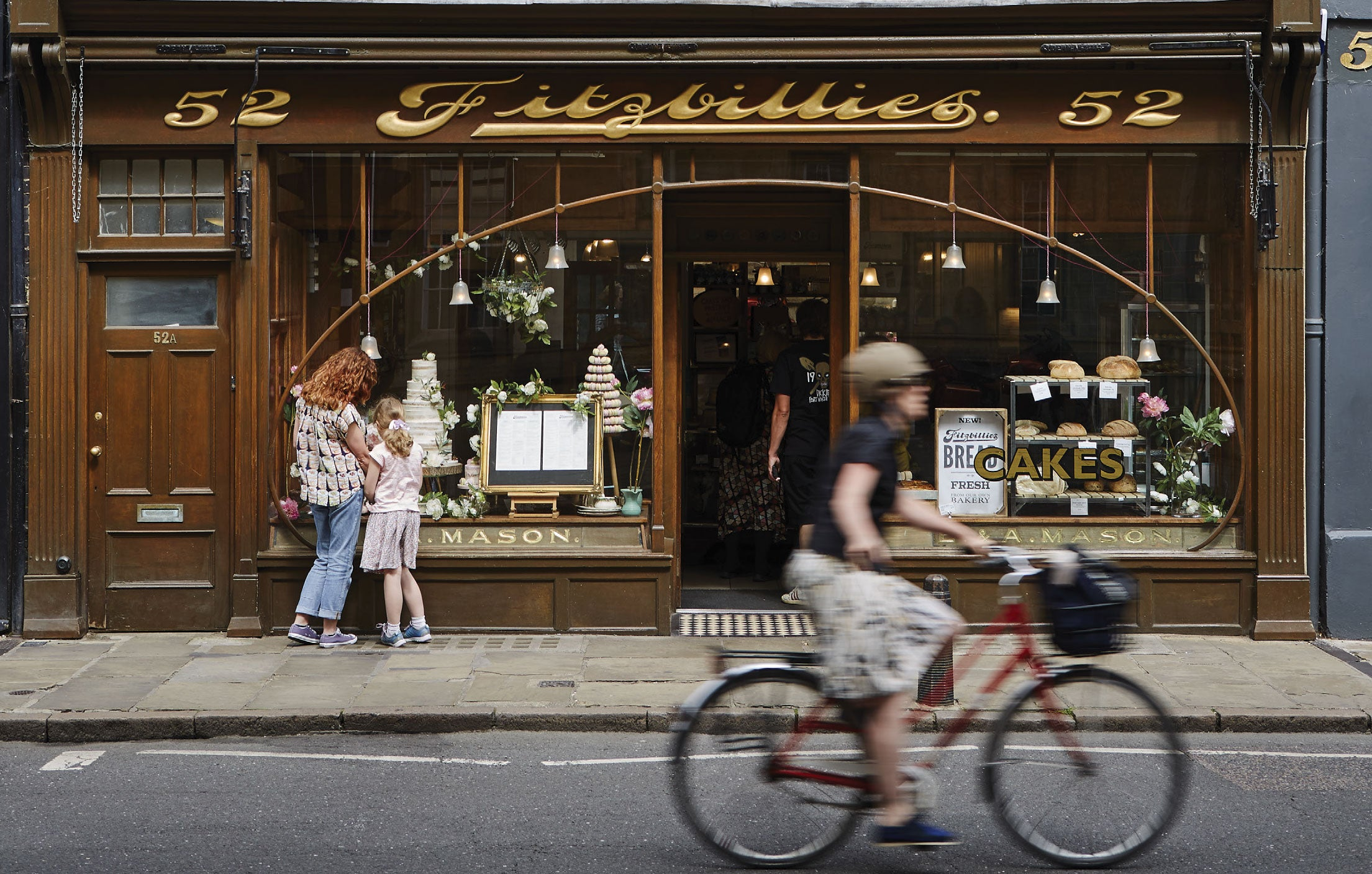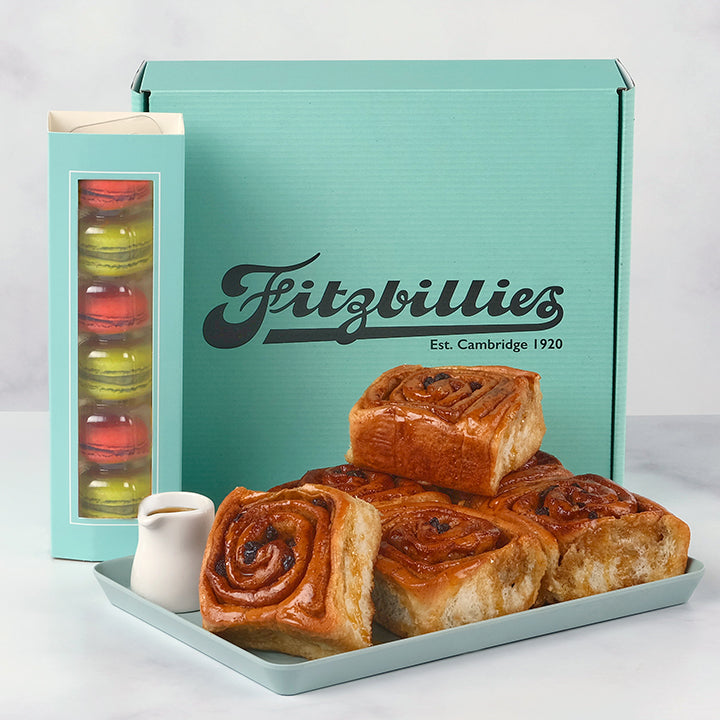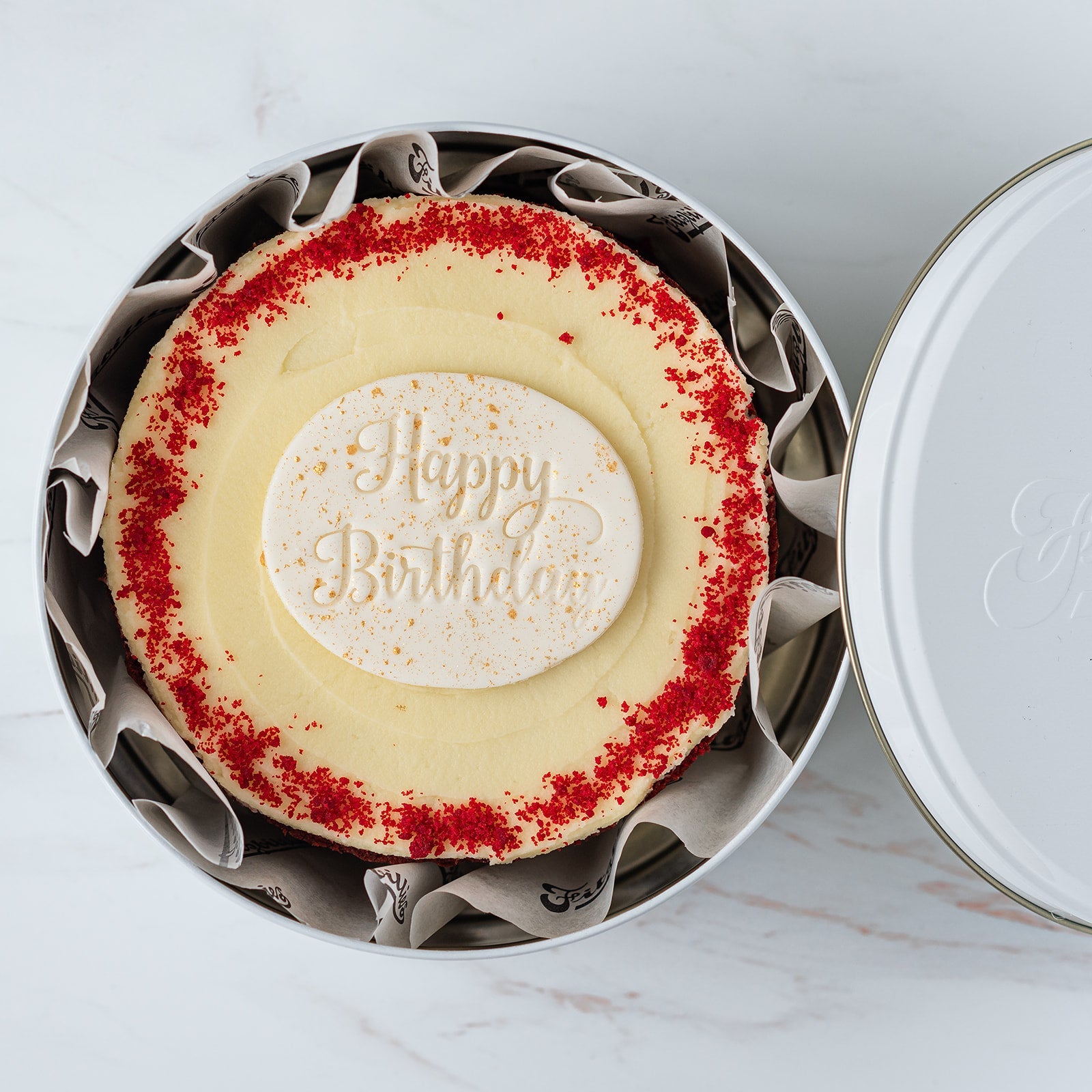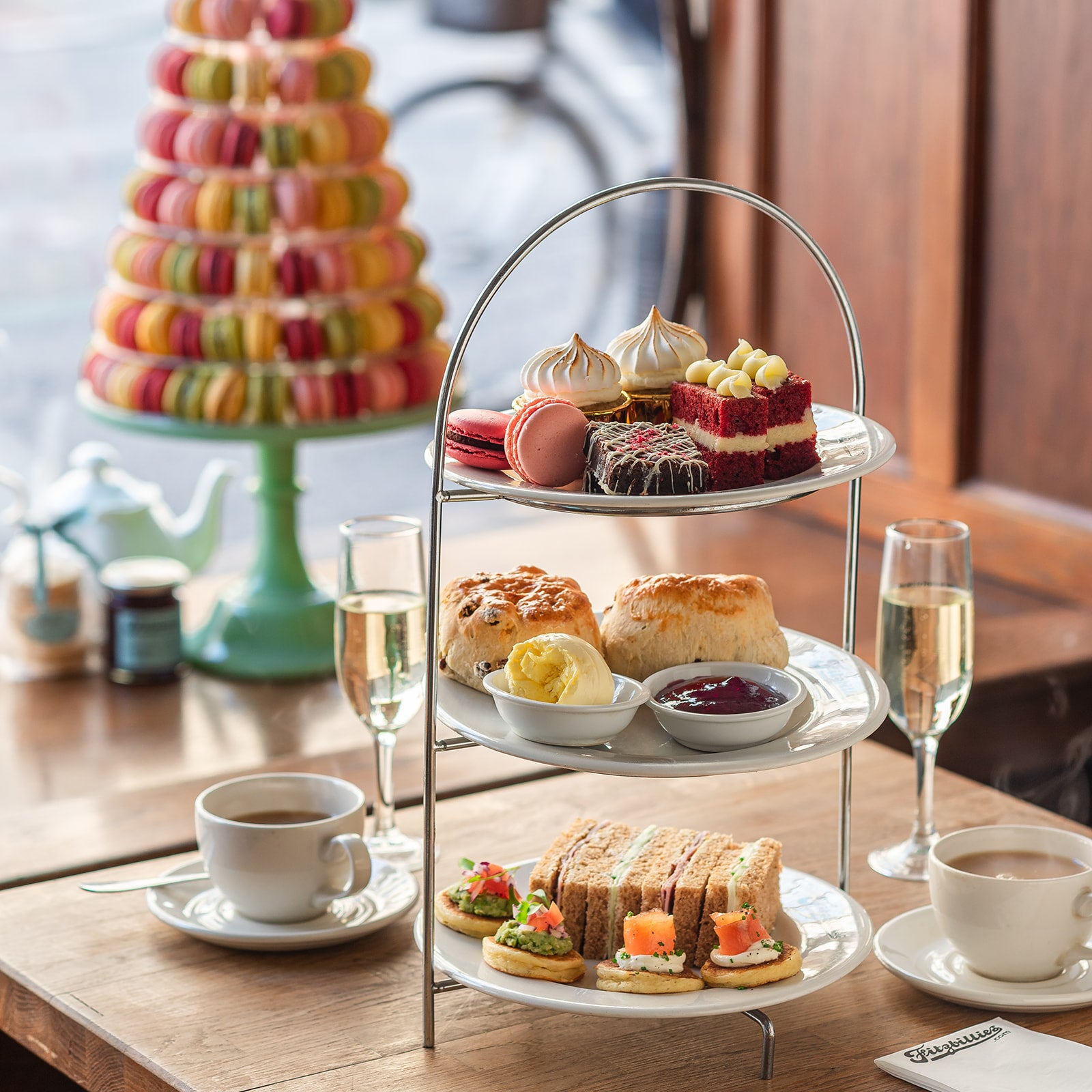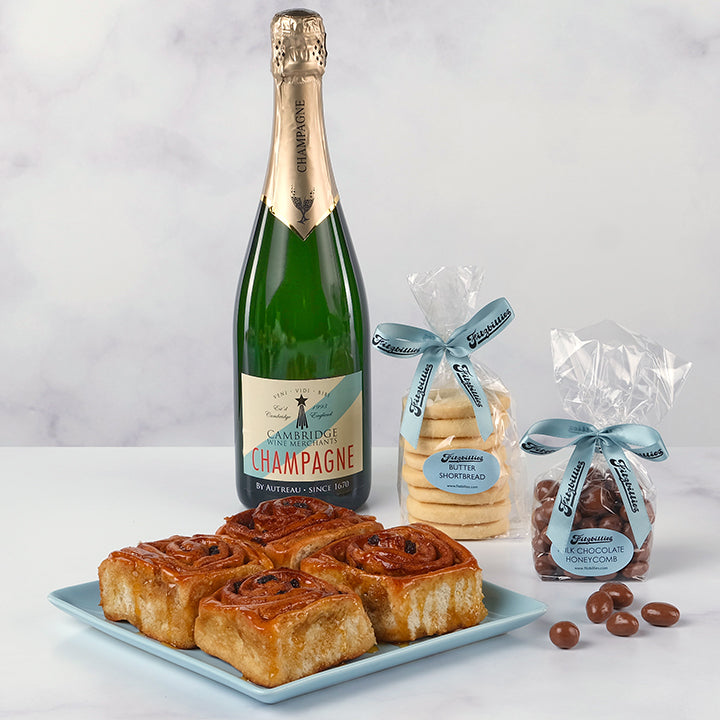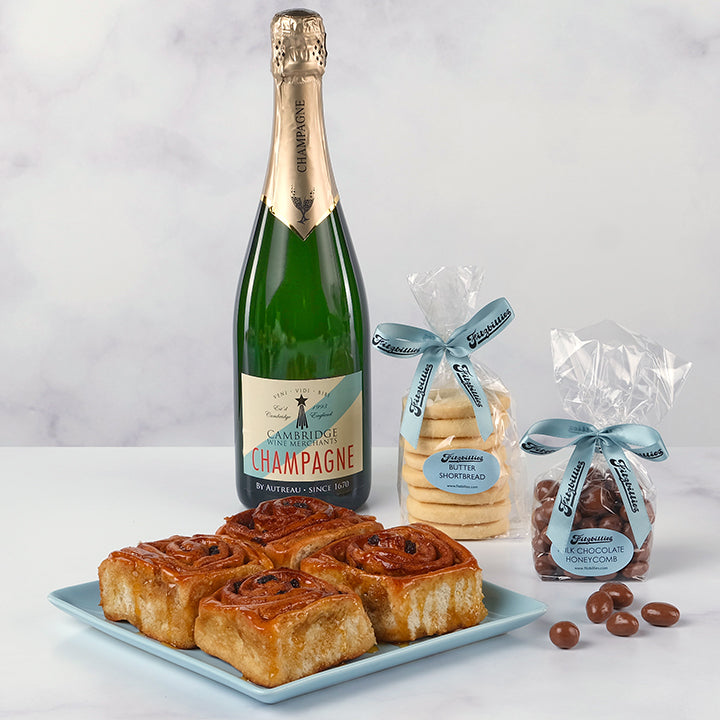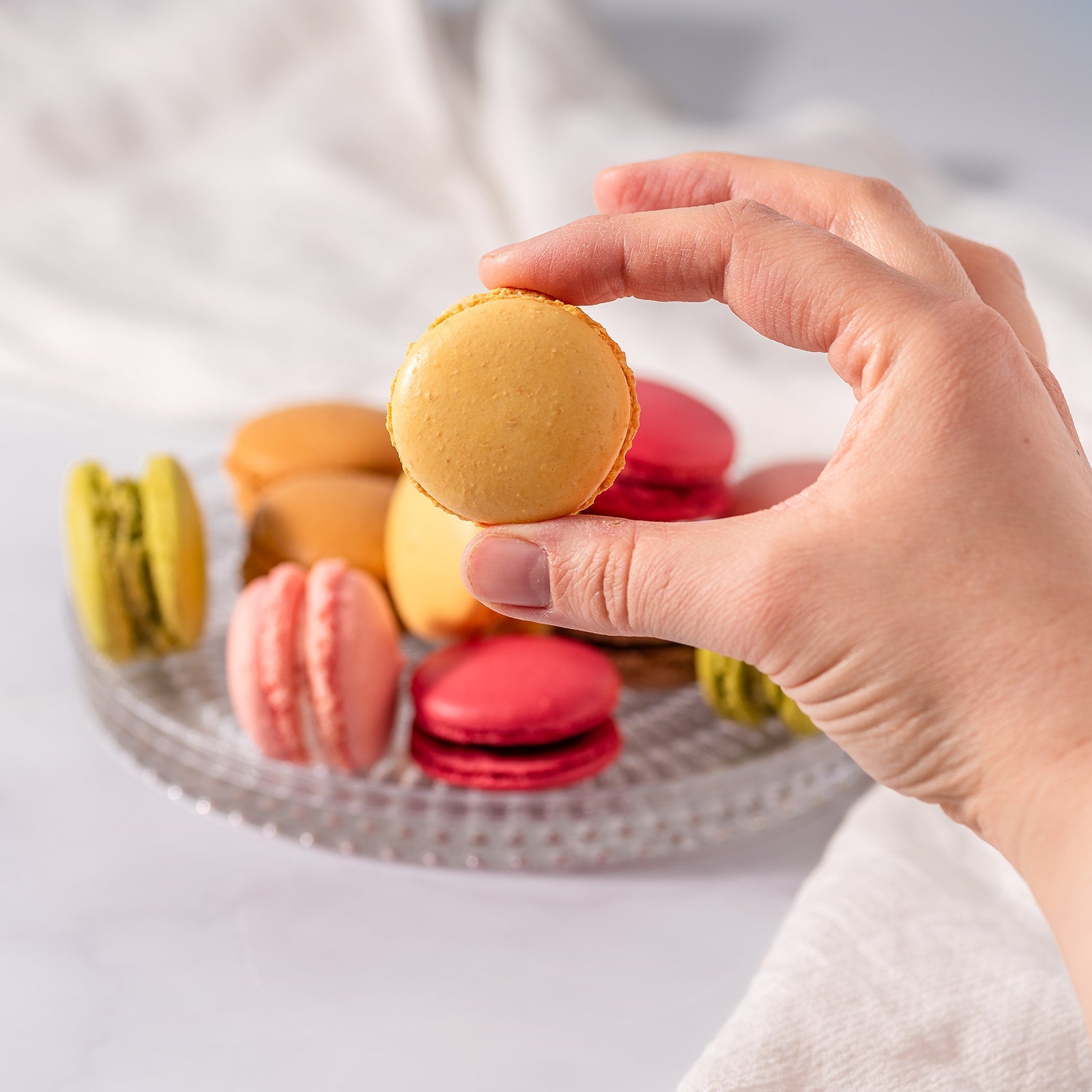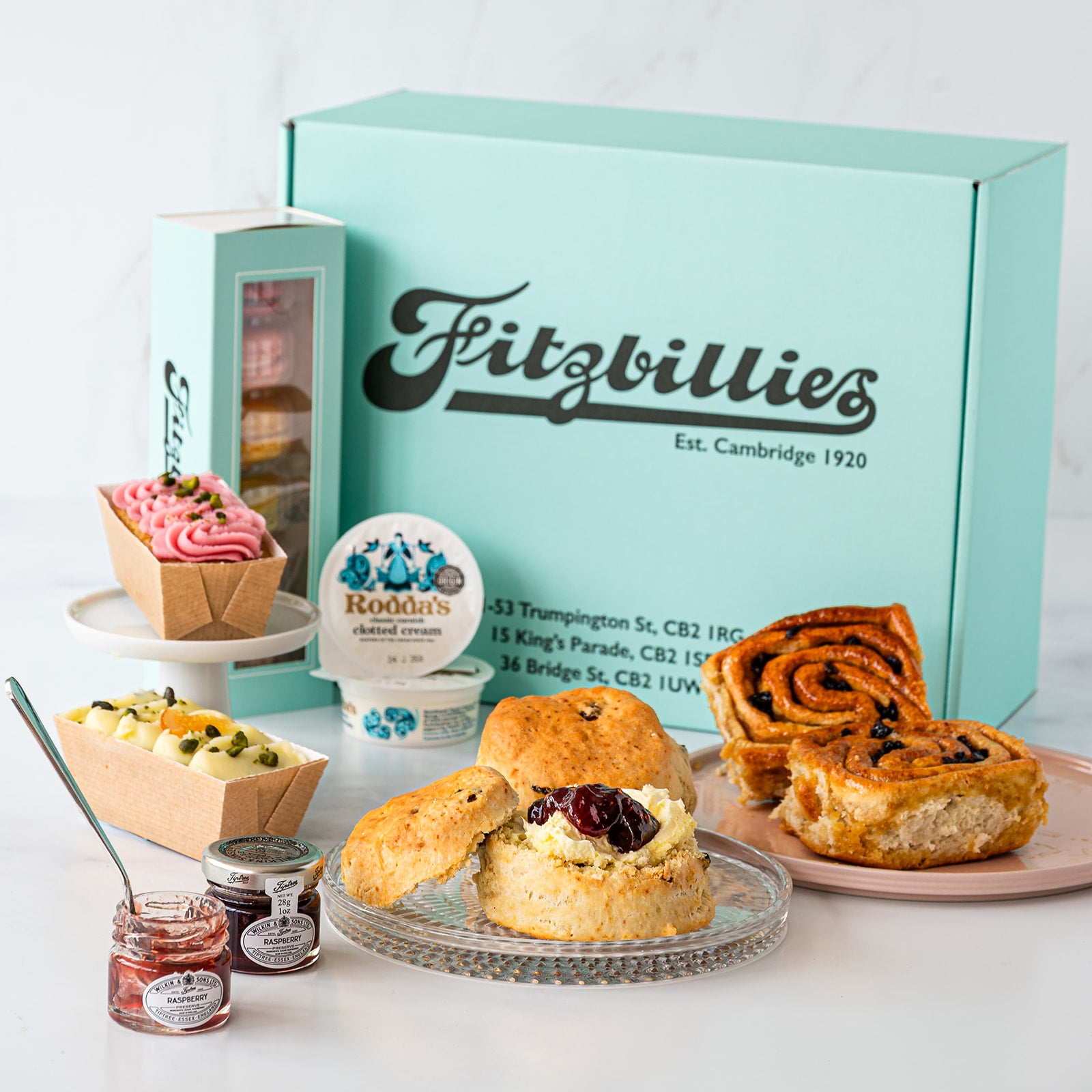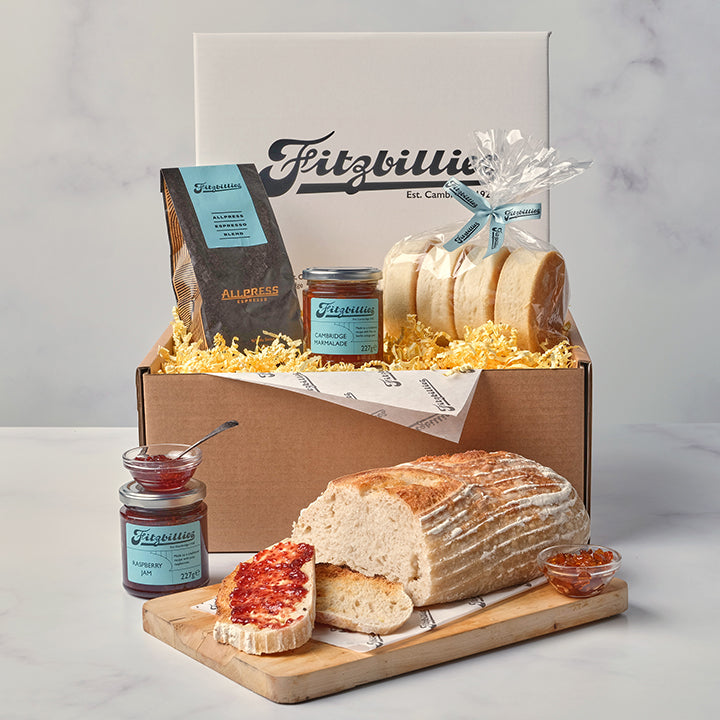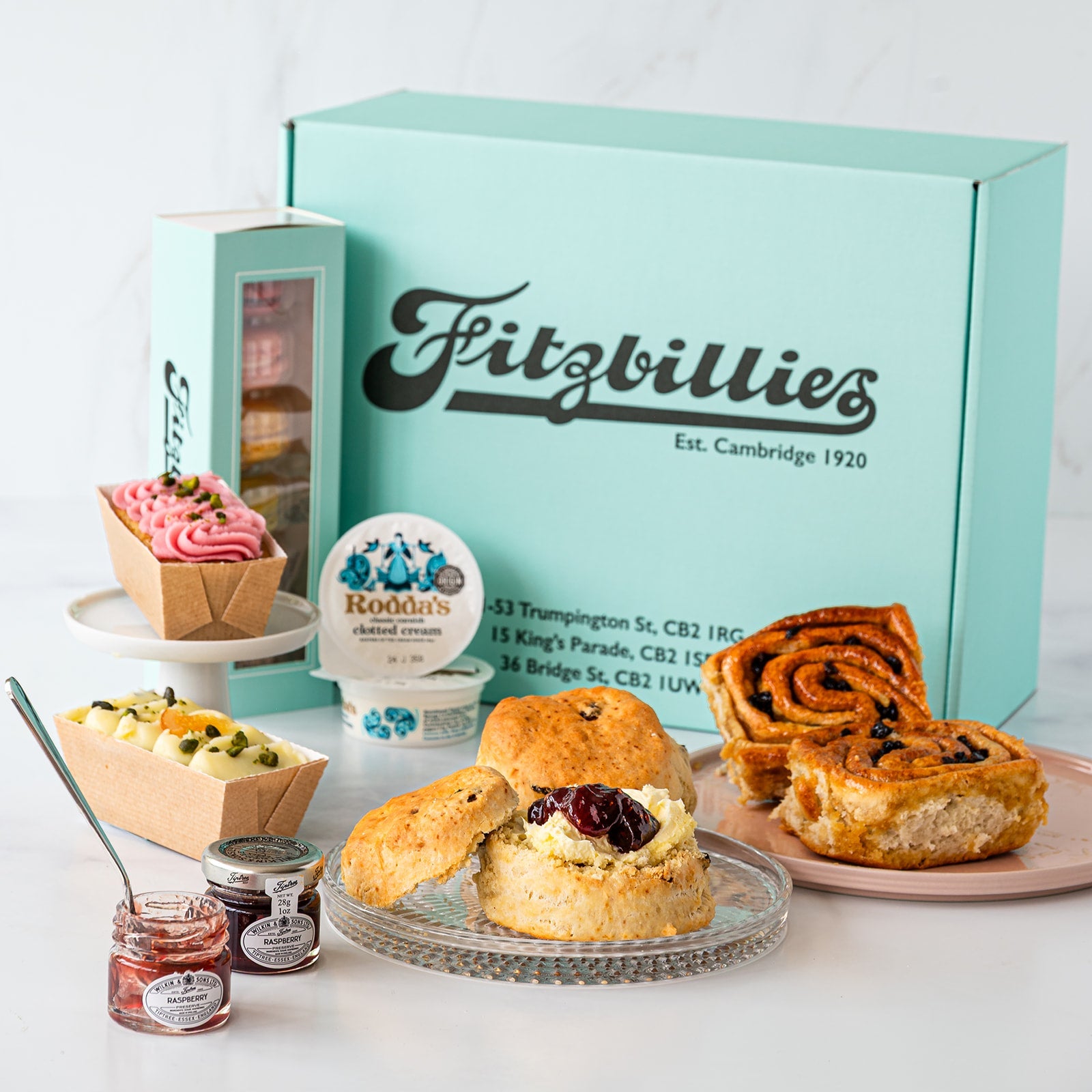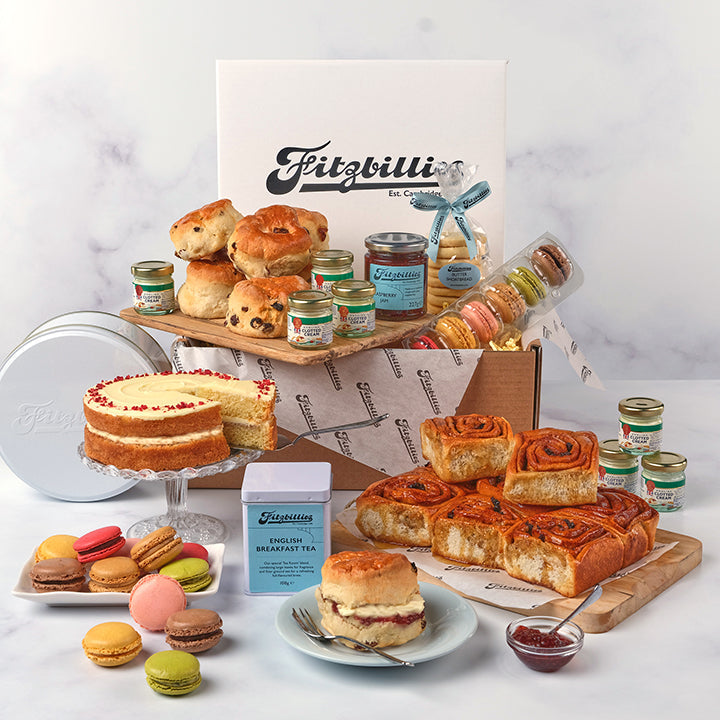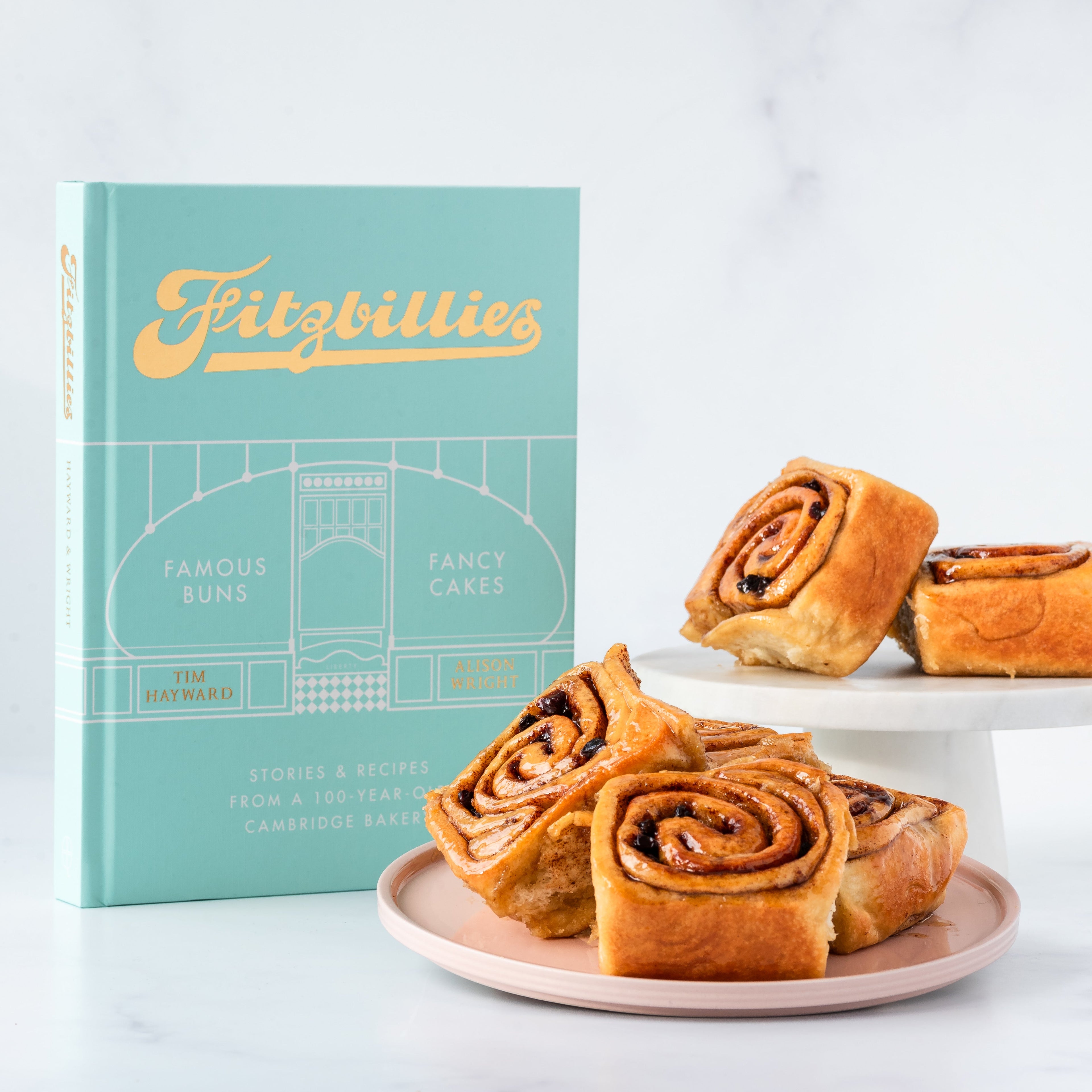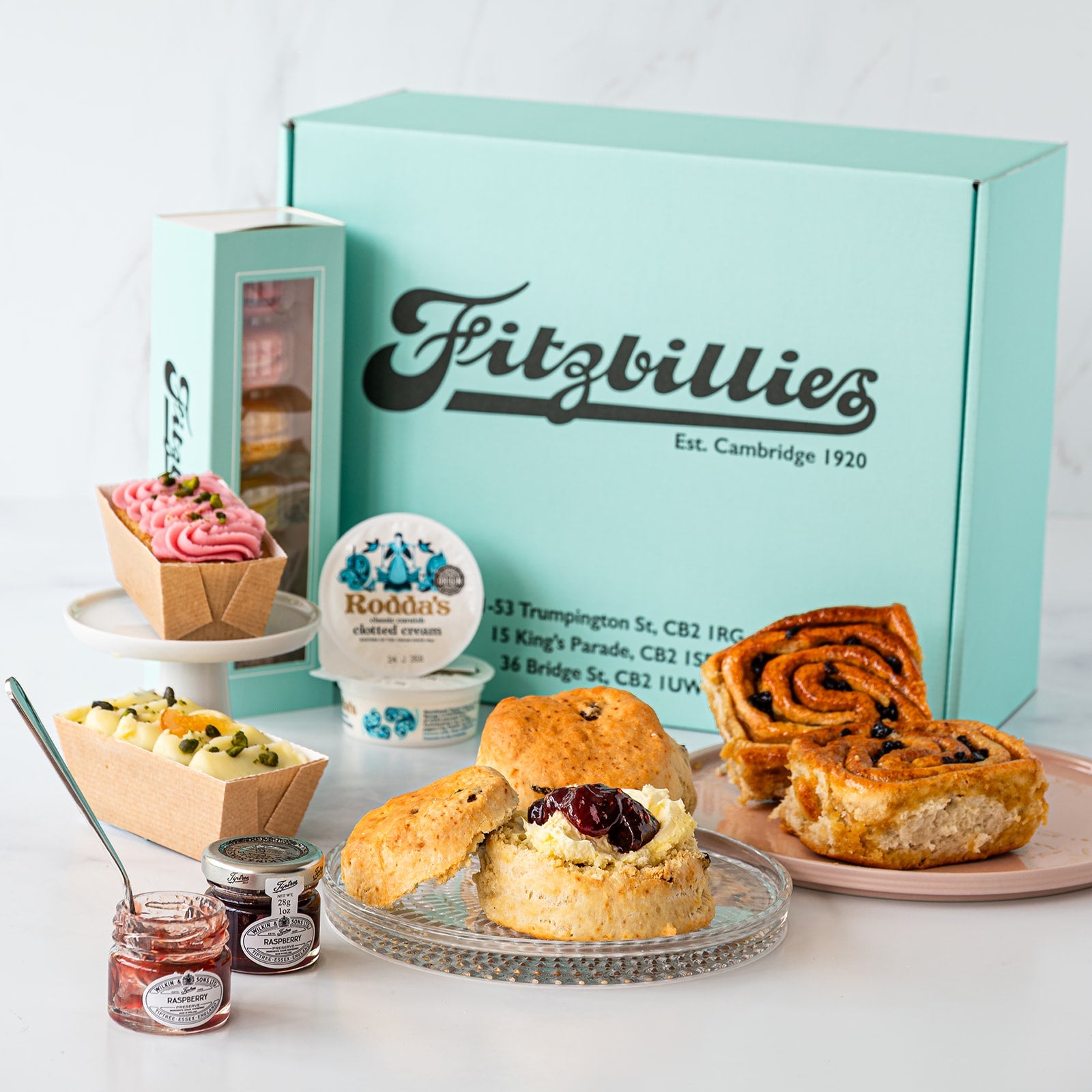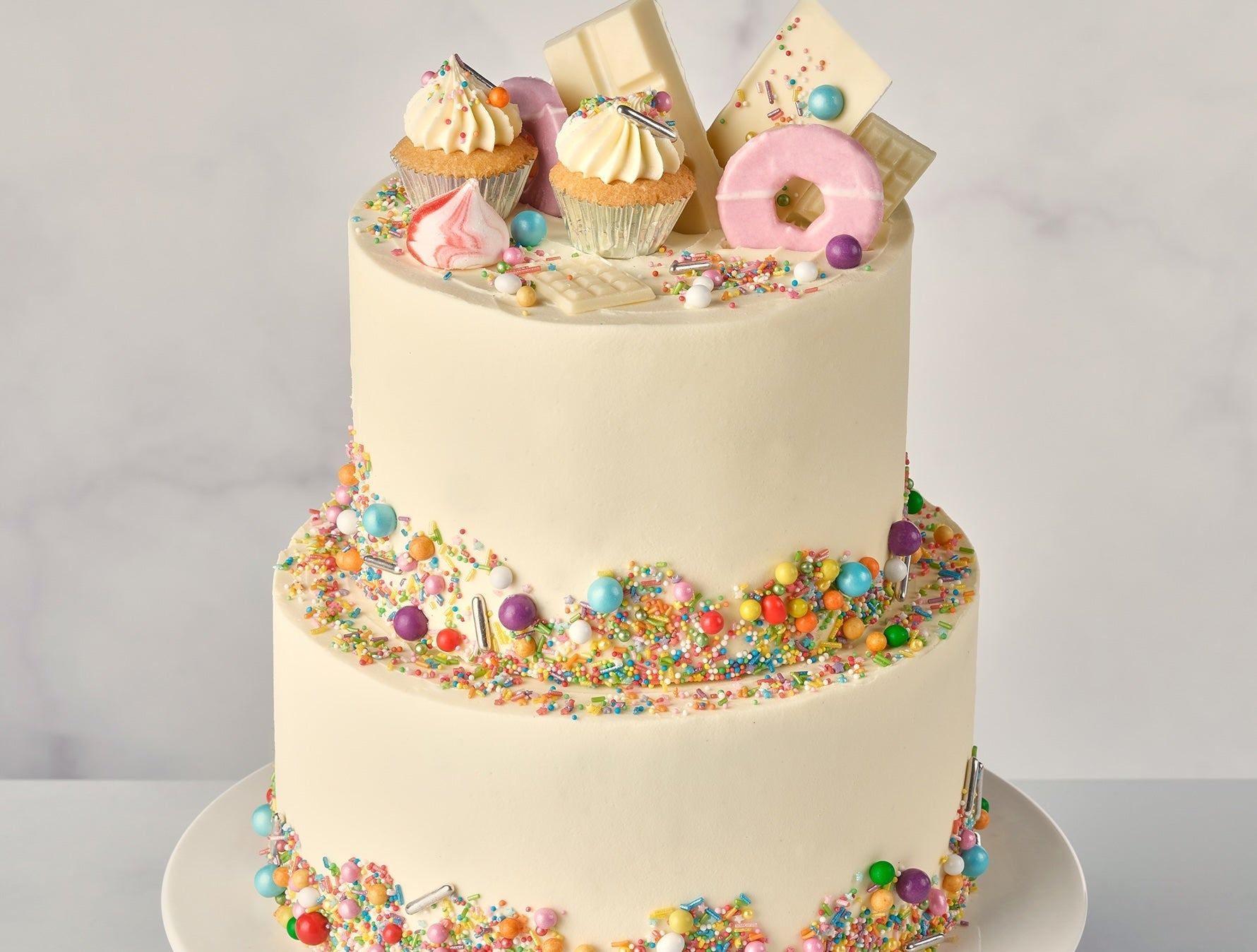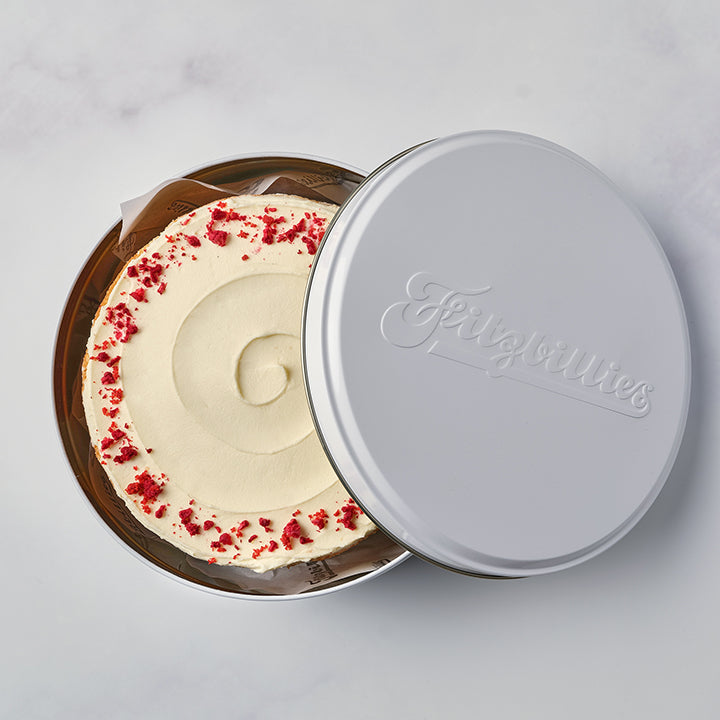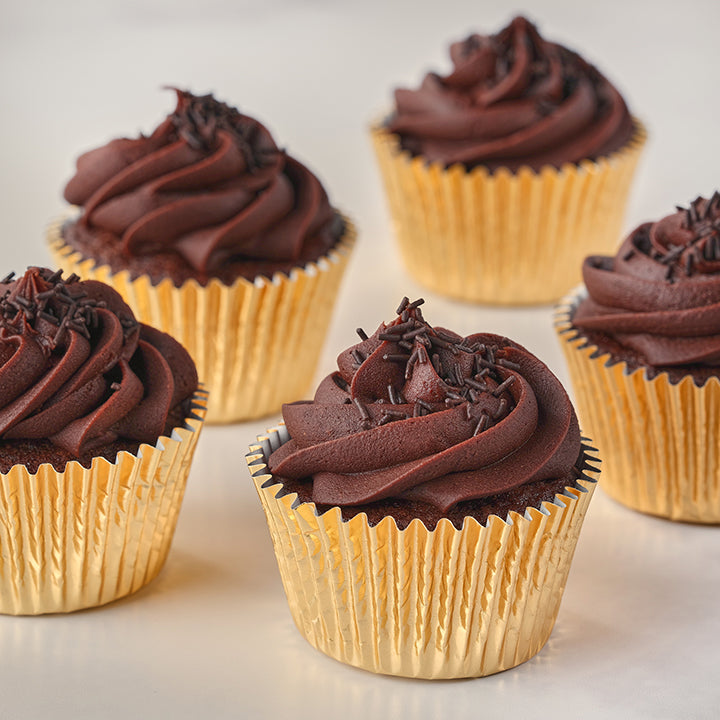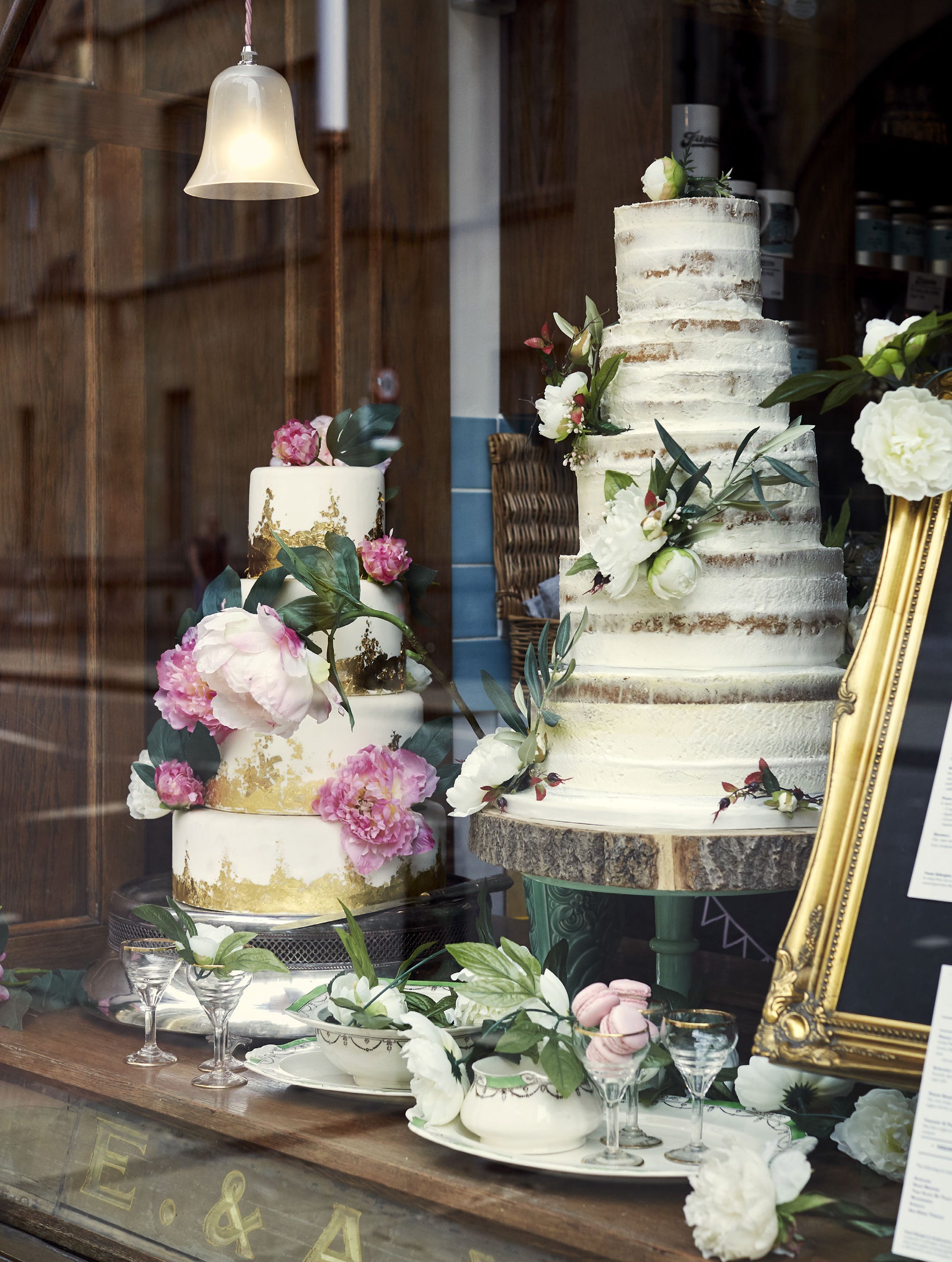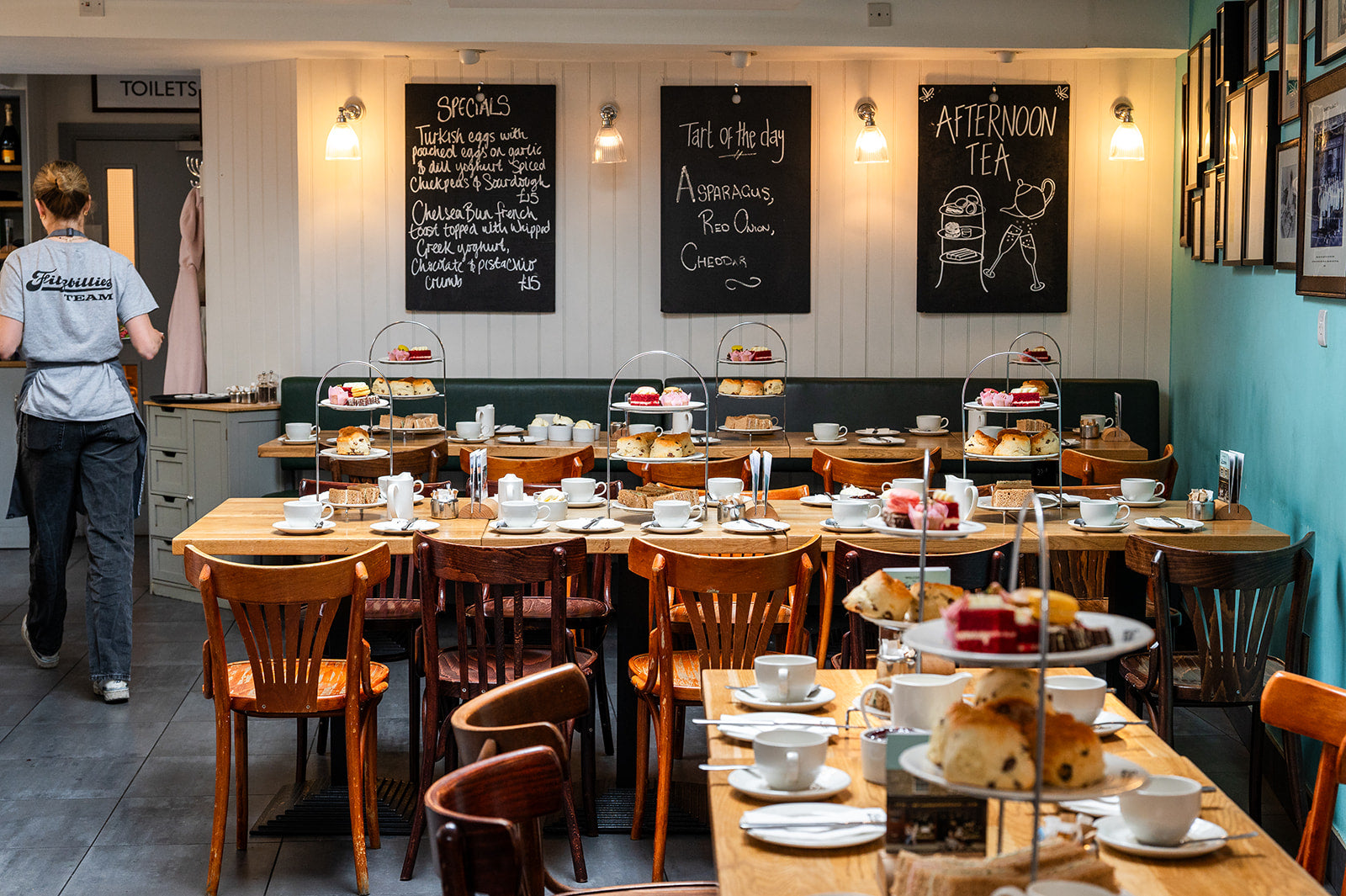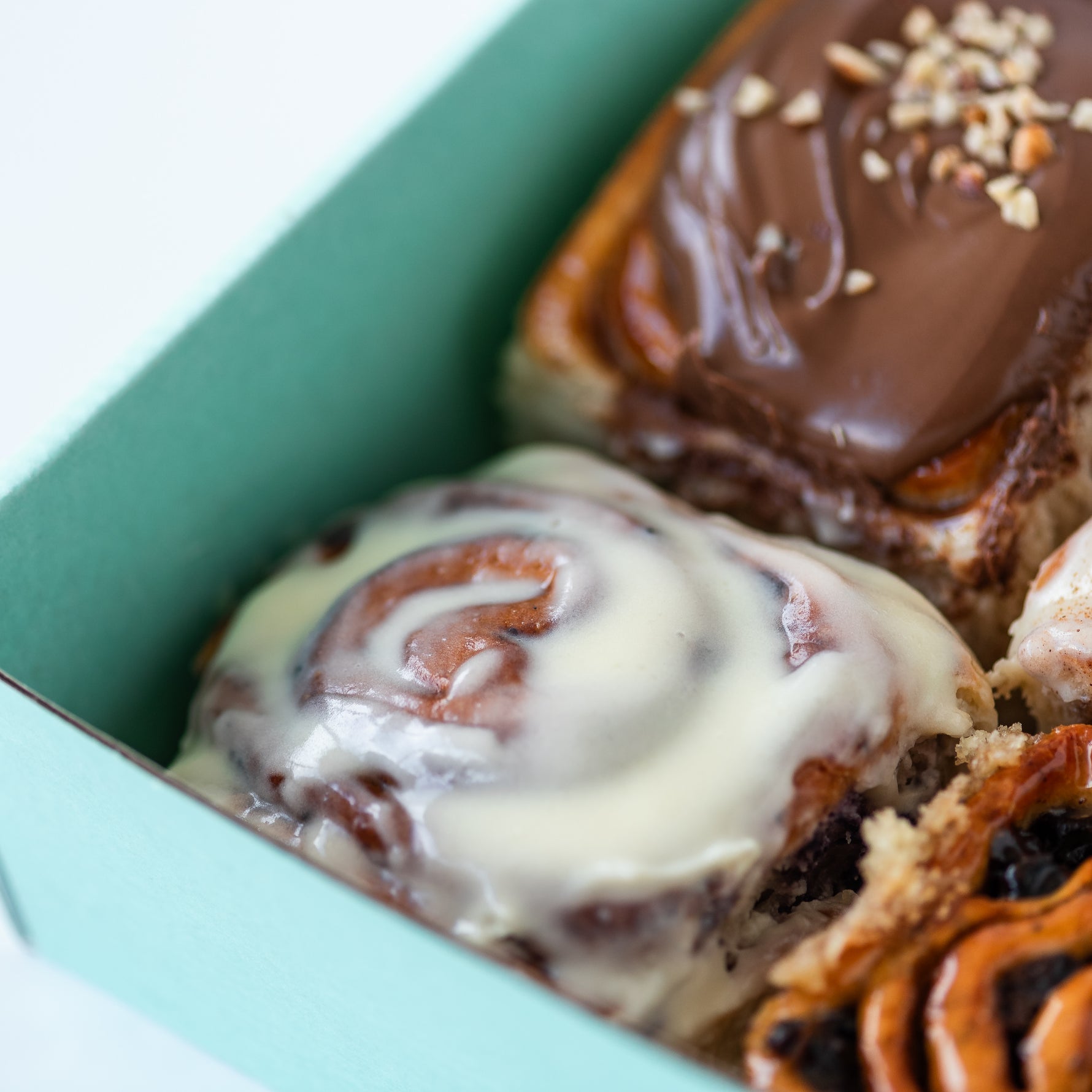Afternoon Tea, with scones of course
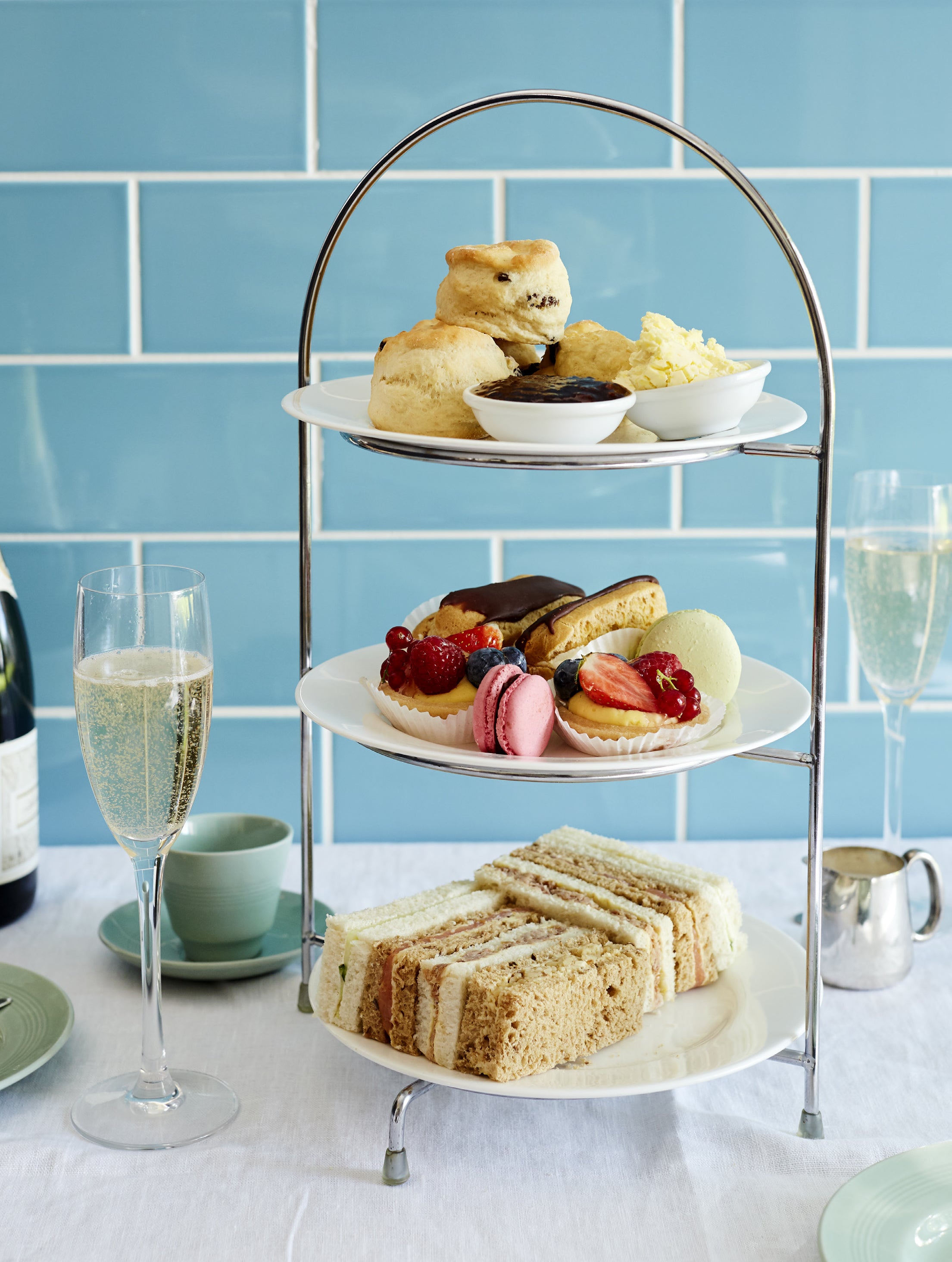
As a nation we have only a few food rituals, the Sunday roast, the big breakfast fry up and of course the afternoon tea. It is the latter that we seem to take true delight in. It brings its own bit of a magic each and every time the stand of handmade treats is delivered to a table.
So when did it truly begin?
The concept of Afternoon Tea appeared during the mid-19th century. Anna, the seventh Duchess of Bedford, introduced the concept of Afternoon Tea in 1840. The Duchess got hungry around four o’clock in the afternoon, and the evening meal wasn’t until 8 pm. That meant there was a long time between lunch and dinner. Because no one wants to wait that long to eat, the Duchess asked for a tray of tea, bread, butter and cake during the late afternoon. It became a habit of hers, and she began inviting friends to join her in her room to enjoy this afternoon snack.
A typical menu for Afternoon tea nowadays includes:
- Several types of fresh finger sandwiches, such as cucumber, smoked salmon with cream cheese, egg mayonnaise with cress and coronation chicken.
- Scones with clotted cream and preserves
- Various homemade cakes and pastries
- A selection of teas
There are many items associated with an afternoon tea, but it is fair to say that if the scones, cream and jam were to be missed it would leave it feeling rather incomplete.
Afternoon teas are one of the biggest attractions at Fitzbillies in Cambridge. We serve the full, traditional afternoon tea at our main branch in Trumpington St, and a simpler, but equally delicious cream tea at out smaller branch in Bridge St. Below is the recipe we use to create our classic fruit scones, packed with juicy sultanas should you want to create your very own Afternoon tea.
Fitzbillies Fruit Scone Recipe
Makes 10 large or 14 small scones
- 460g plain flour, plus extra for dusting
- 30g baking powder
- 50g caster sugar
- 80g unsalted butter, cold and cubed
- 2 medium eggs
- 200ml milk, full fat or semi skimmed
- 120g sultanas
- Preheat the oven to 190ºC (170º fan) and line a baking sheet with baking parchment.
- Mix together the flour, baking powder and caster sugar in a large bowl. Rub in the butter with your fingertips.
- Lightly beat together the eggs and milk in a separate bowl. Reserve a tablespoon of the milk and egg mix to glaze the top of the scones.
- Add the liquid to the dry mix and bring together with your hands. Stir in the sultanas last so that they don't get broken up.
- Turn the mixture out onto a lightly floured work surface and give it the very lightest of kneads - just two folds should do - to make sure it comes together evenly. Roll out to 3cm thick and cut out to the size you want. We use a 7cm cutter for large scones and a 5cm cutter for smaller scones.
- Place the scones spaced well apart on the lined baking sheet and brush with the reserved beaten milk and egg.
- Bake the large scones for 15-20 minutes and the smaller scones for 12-15 minutes until they are lightly golden.
- Serve either warm or cold, with jam and clotted cream, obviously.
Share

